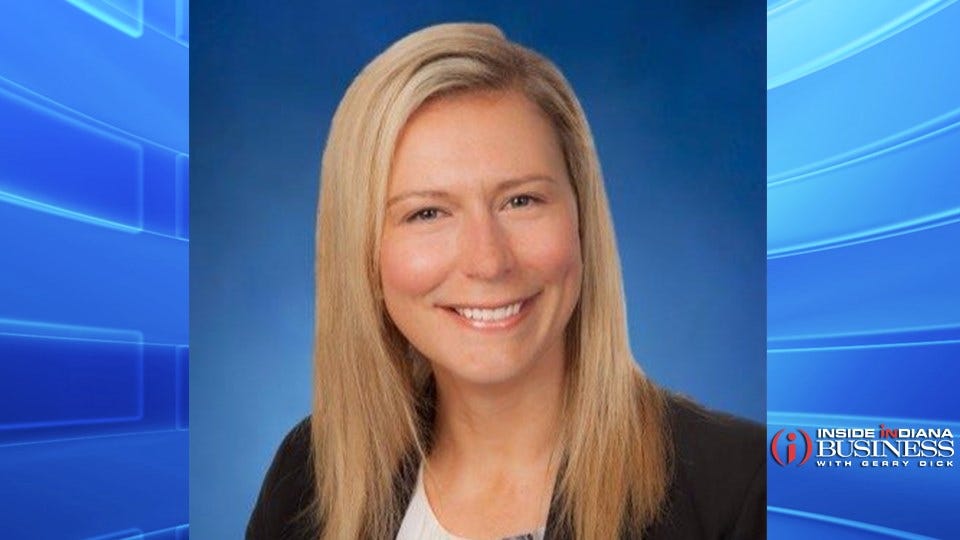Three Areas to Help Navigate Investments in the Second Half of 2020

Subscriber Benefit
As a subscriber you can listen to articles at work, in the car, or while you work out. Subscribe NowOn February 19, 2020, the S&P 500 reached an all-time high and the global economy seemed poised to accelerate. Just one month later, the COVID-19 crisis catalyzed one of the most severe global economic contractions and bear markets in 100 years. After the losses in March, markets recovered rapidly but there are still many uncertainties on the horizon.
During the health crisis, many might make the most of extra time by reviewing financial plans and portfolio positioning – at J.P. Morgan, we have three areas of focus that we see as opportunities in investing for the remaining half of the year.
Navigating volatility
When it comes to volatility, we certainly expect more; the VIX Index, which is an index that measure investors anticipated volatility in the markets, is currently measuring near 30, which implies that the S&P 500 is going to move around +/- 2% every day for the next month. As of August, COVID-19 cases are still at their peaks in states that represent 40% of U.S. GDP, including California, Texas and Florida.
Investors can navigate volatility by adding traditional (e.g., core fixed income and gold) and non-traditional (e.g., hedge funds) buffers to portfolios, deploying capital with dynamic active managers who will take advantage of dislocations, and by executing on important elements of their estate plans or philanthropic goals.
Finding yield
While equity markets are likely to see more volatility ahead, fixed income markets have been calmed by the response of the Federal Reserve and other central banks. Global central banks have cut interest rates over 130 times this year. An open-ended quantitative easing program and powerful targeted measures have moved Treasury market volatility back to pre-COVID-19 crisis levels.
The calm that investors are enjoying now has come with a cost: rates are unlikely to rise anytime soon. Investors could find yield in a low-rate environment by investing in securities that have an attractive risk-premium to sovereign bonds, and by expanding their toolkits into areas like private credit and real estate. On the liability side, individuals can leverage low rates as part of their overall planning and borrowing needs.
Invest in durable growth trends
Many sectors and asset classes are still suggesting weak future economic growth, but there have been notable “winners” that are linked to some underlying—and accelerating—trends. For example, home improvement companies are up over 11%, biotech stocks are up almost 10%, companies linked to e-commerce are up more than 14%, and the most well-known technology companies have returned over 22%. Megatrends like digital transformation, healthcare innovation and sustainability look poised to gain even greater traction.
- Enabling-technologies such as 5G are paving the way for future, yet-to-be-launched “killer apps,” including remote surgery, augmented reality and autonomous driving could be a core driver of revenues.
- The confluence of healthcare data and AI is accelerating the speed of innovation in healthcare, gene-based technologies and new treatments, and peak sales from these are yet to be reflected in company and industry valuations.
- A more sustainable future will be a defining movement of the decade. Consumer preferences and a government focus on moving to a circular economy will spur yet-to-be realized opportunities in packaging, recycling, food and water technologies, and more.
- Finally, the COVID-19 crisis and the mass demonstrations against systemic racism and inequity in the United States have sharpened our focus on Environmental, Social and Governance issues in investing. The world needs to make changes, and our investments can align with those values.
In addition to possibly considering refocusing your investments and portfolio positioning, there are more actions you can take to maintain your financial health amid the upheaval the pandemic has caused. Reviewing an overall wealth plan will help assure that it is still tracking to help meet established goals. Determine how recent policy changes may affect saving and spending thresholds.
For example, new rules for retirement account owners and beneficiaries can provide relief from required minimum distributions (RMDs) and some of the taxes and penalties typically due on withdrawals. Additionally, philanthropic, ESG investing or inter-family gifting opportunities may provide transfer-cost savings, secure family wealth and serve the greater good.
The virus itself remains one of the most important variables for the financial landscape going forward, and it’s particularly difficult to project. As we look forward, the range of possible outcomes is wide but what remains critical in this environment is diversification across investments, and vigilance around wealth planning.
Erin Shaw is an Executive Director and Investments Specialist at J.P. Morgan Private Bank in Indianapolis where she and a team of local professionals provide wealth management advice, strategies and services to successful individuals, family offices, foundations and endowments throughout the region.
